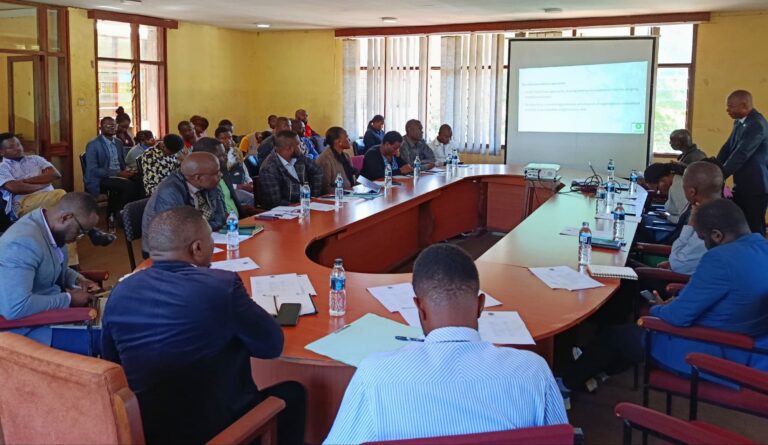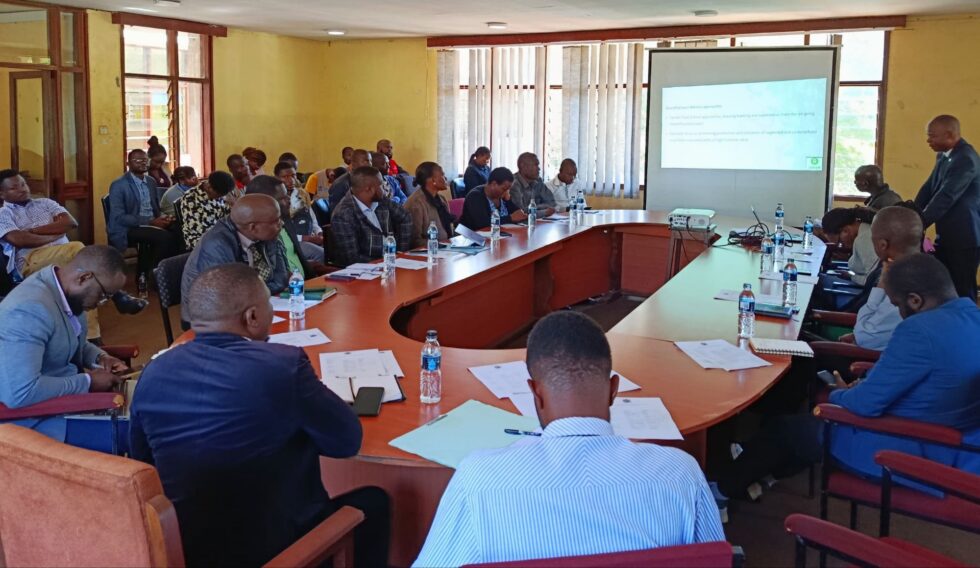By Jones Gadama
The United States Embassy in Malawi has welcomed the developments in the case of Zunneth Sattar, describing it as “a huge step forward in holding corrupt actors responsible and delivering accountability to the Malawian people.”
Chargé d’Affaires Amy Diaz made the remarks on the Embassy’s official Facebook page, highlighting the significance of the case in promoting transparency and accountability.

While specific details of the case were not provided in the statement, it’s clear that the US Embassy is keenly following the proceedings and is supportive of efforts to bring corrupt individuals to justice.
The Embassy’s interest in the case underscores the importance of good governance and the rule of law in Malawi’s development.
The US Embassy’s statement has sparked conversations about the role of international partners in supporting Malawi’s fight against corruption.
Many are watching to see how the case unfolds and what implications it may have for the country’s efforts to tackle graft.
In recent years, Malawi has faced numerous challenges related to corruption, with several high-profile cases making headlines.
The case of Zunneth Sattar has garnered significant attention, with many Malawians eagerly following the developments.
The US Embassy’s endorsement of the progress in Sattar’s case sends a strong message about the importance of accountability and transparency in governance.
It’s a reminder that the fight against corruption requires sustained efforts from all stakeholders, including government, civil society, and international partners.
As the case continues to unfold, many are hopeful that it will set a precedent for similar cases and demonstrate the government’s commitment to holding those in power accountable.
The outcome of this case will likely have far-reaching implications for Malawi’s fight against corruption and its development trajectory.
The developments in Sattar’s case will likely continue to generate significant interest and debate in Malawi and beyond.
As the country navigates these complex issues, one thing is clear: the fight against corruption requires sustained efforts and a commitment to transparency and accountability.








